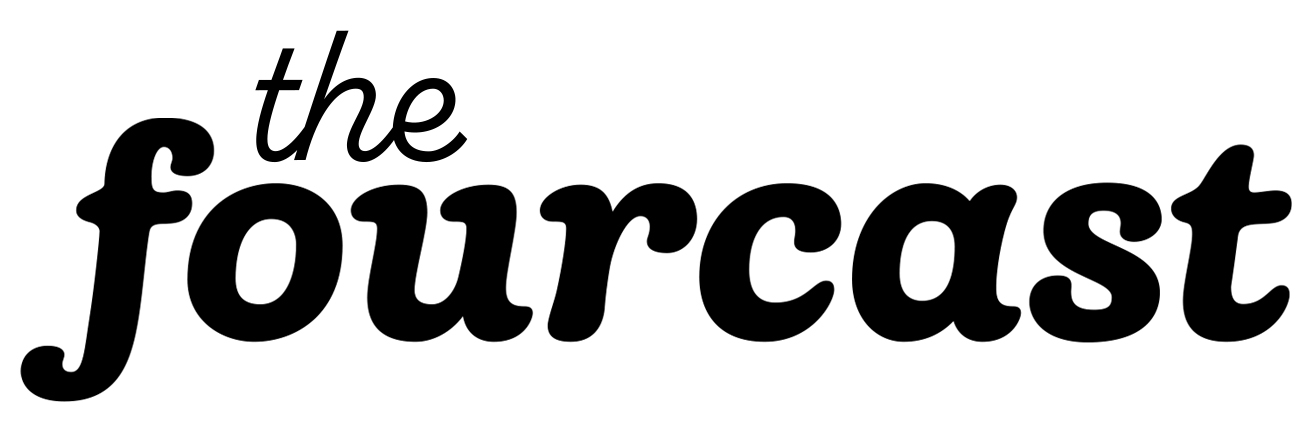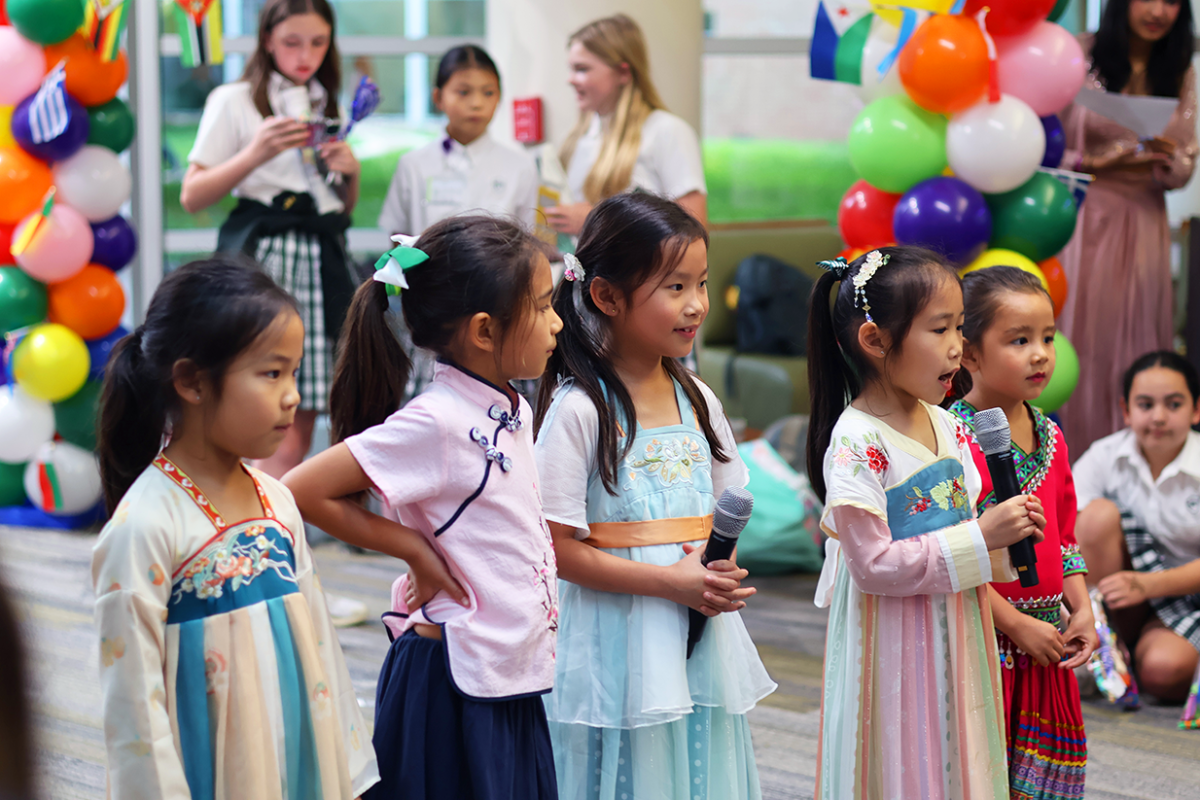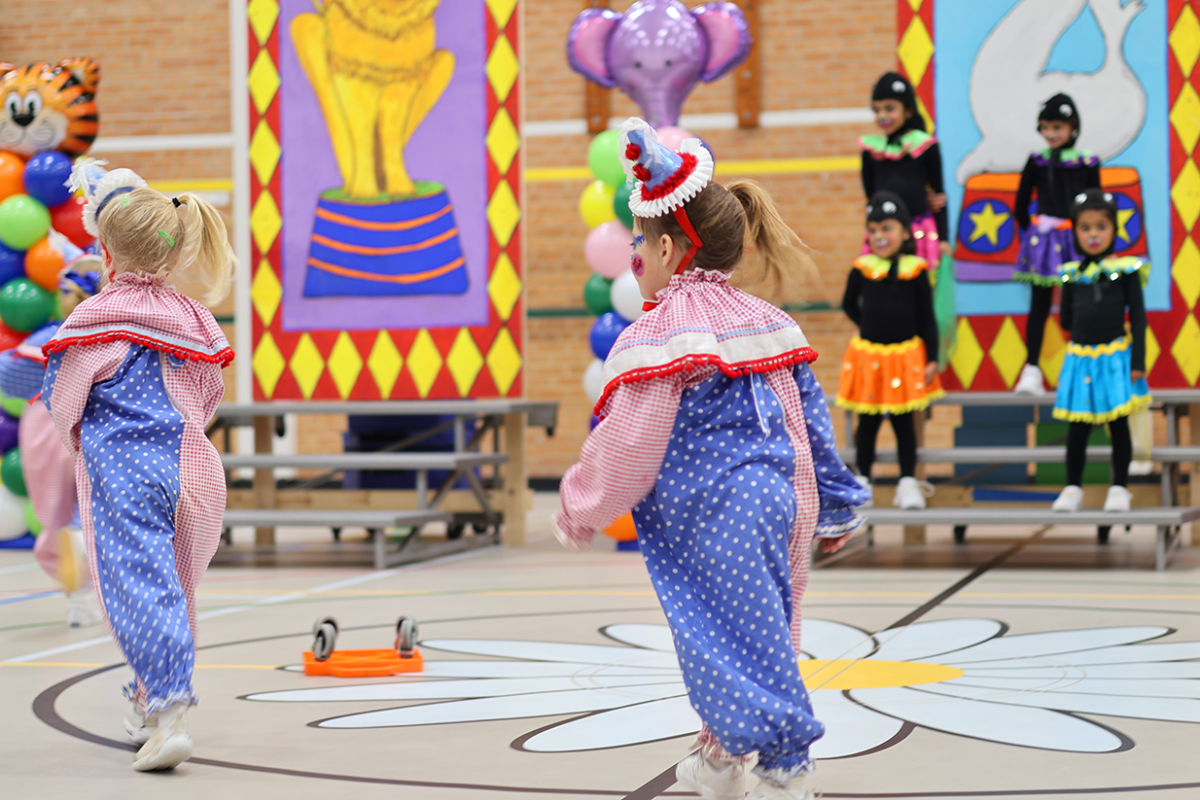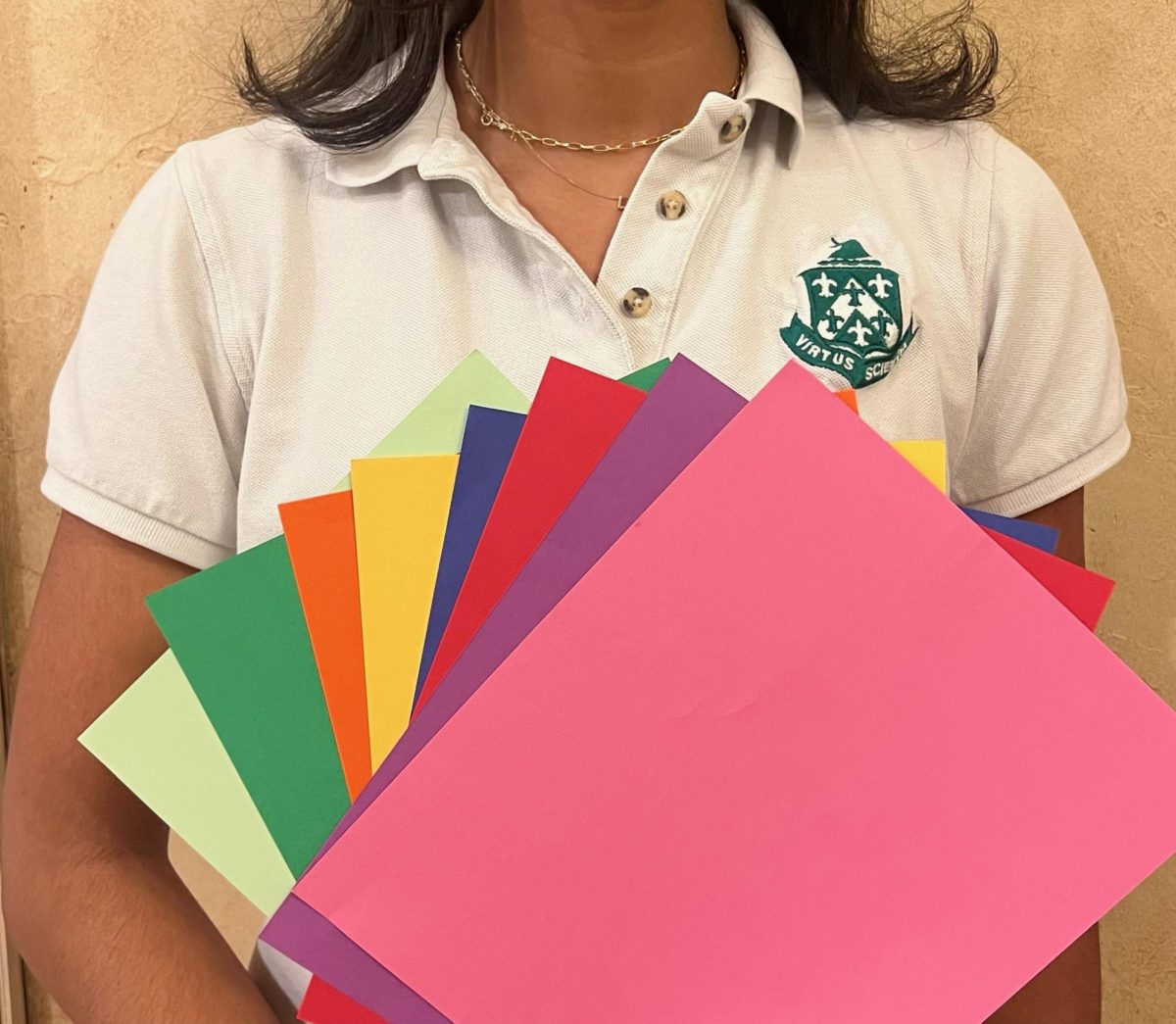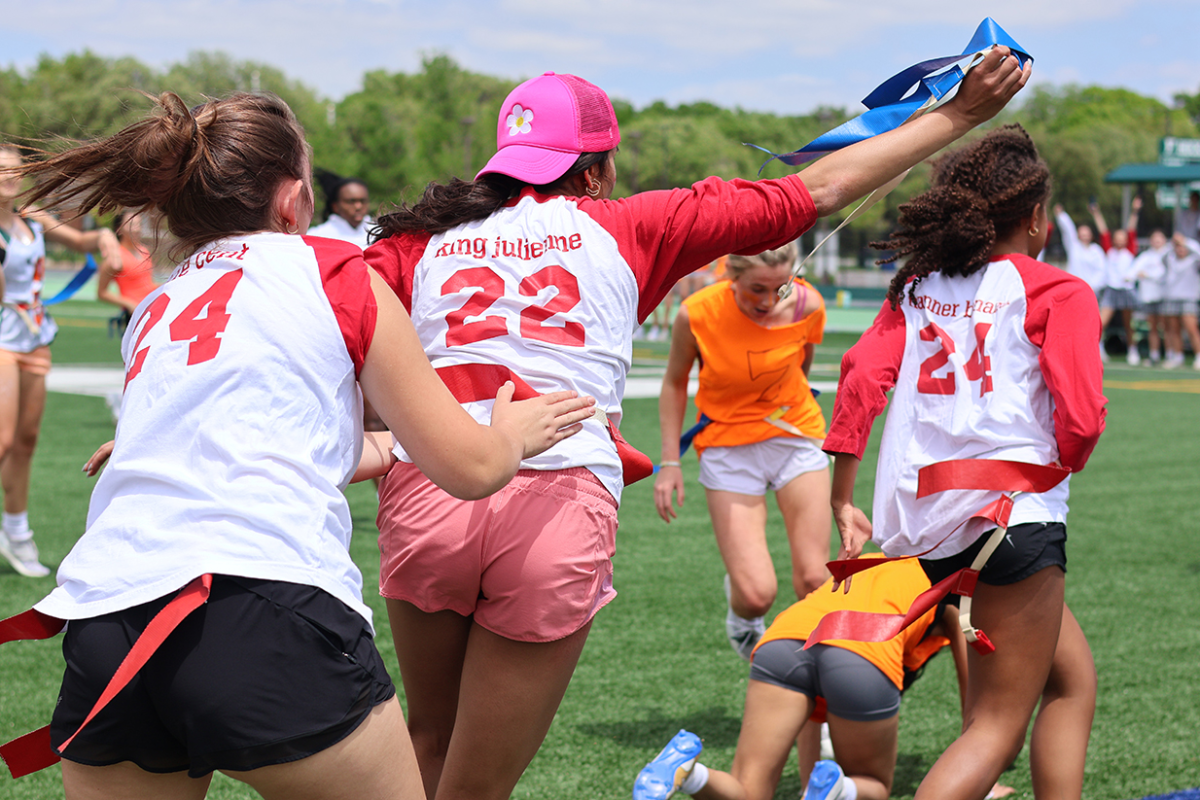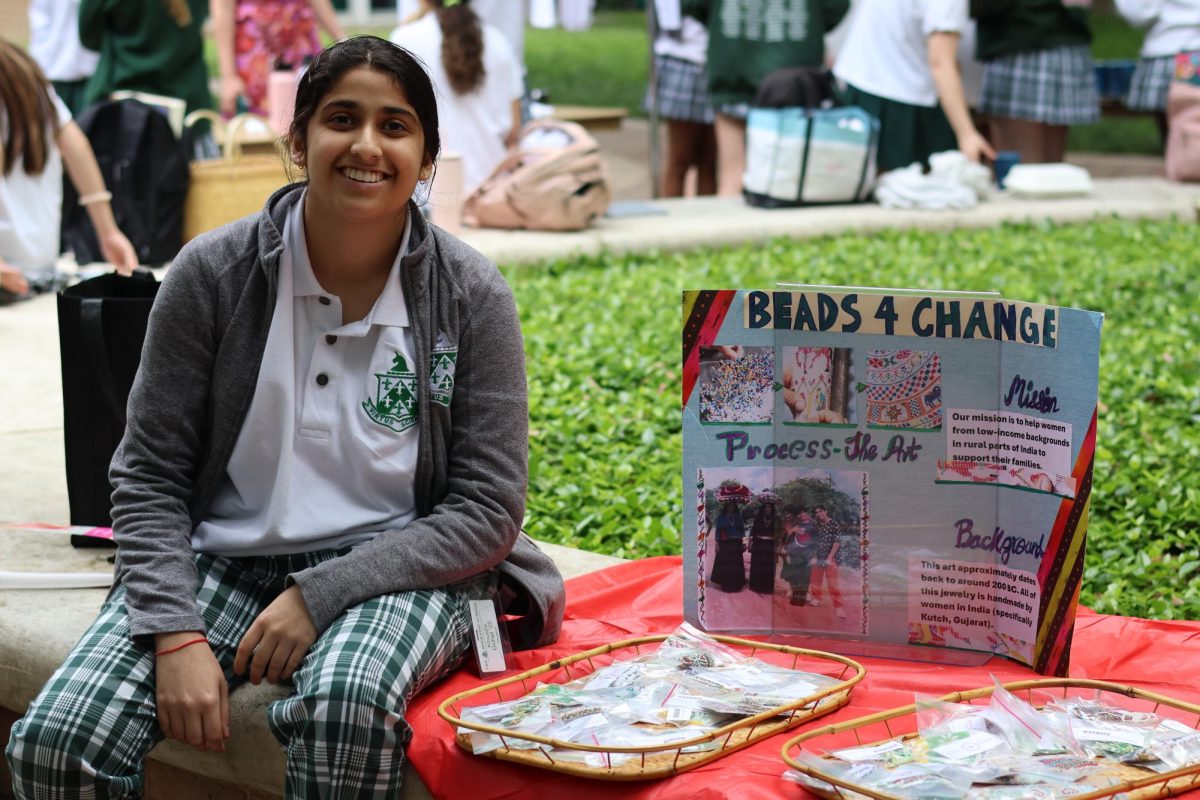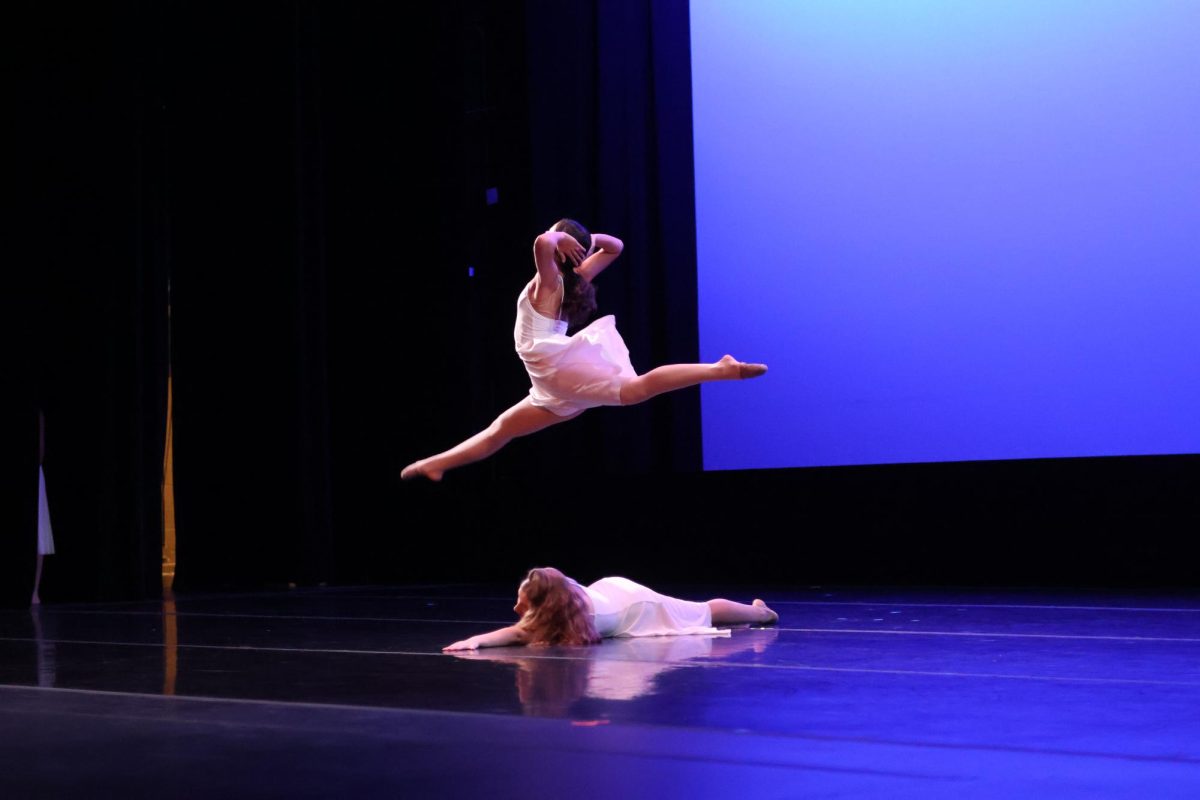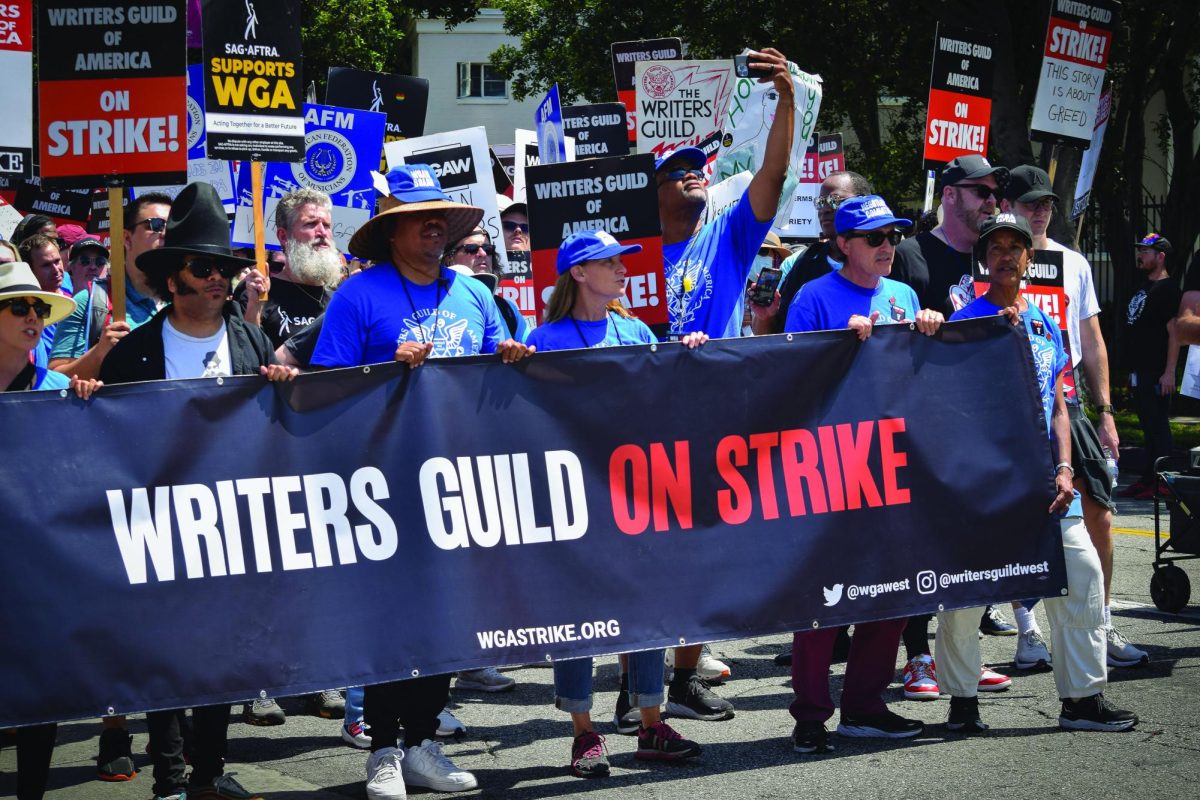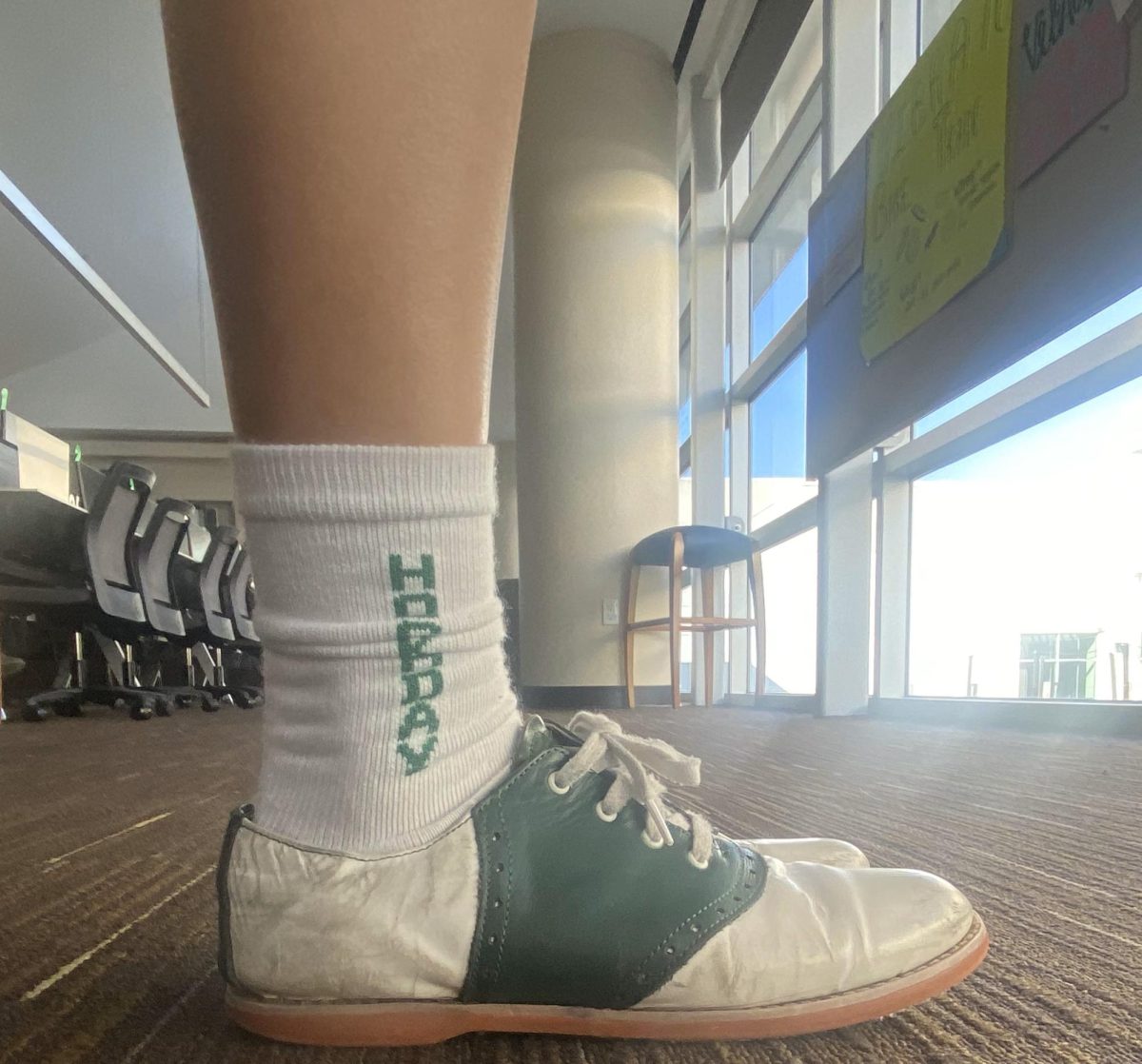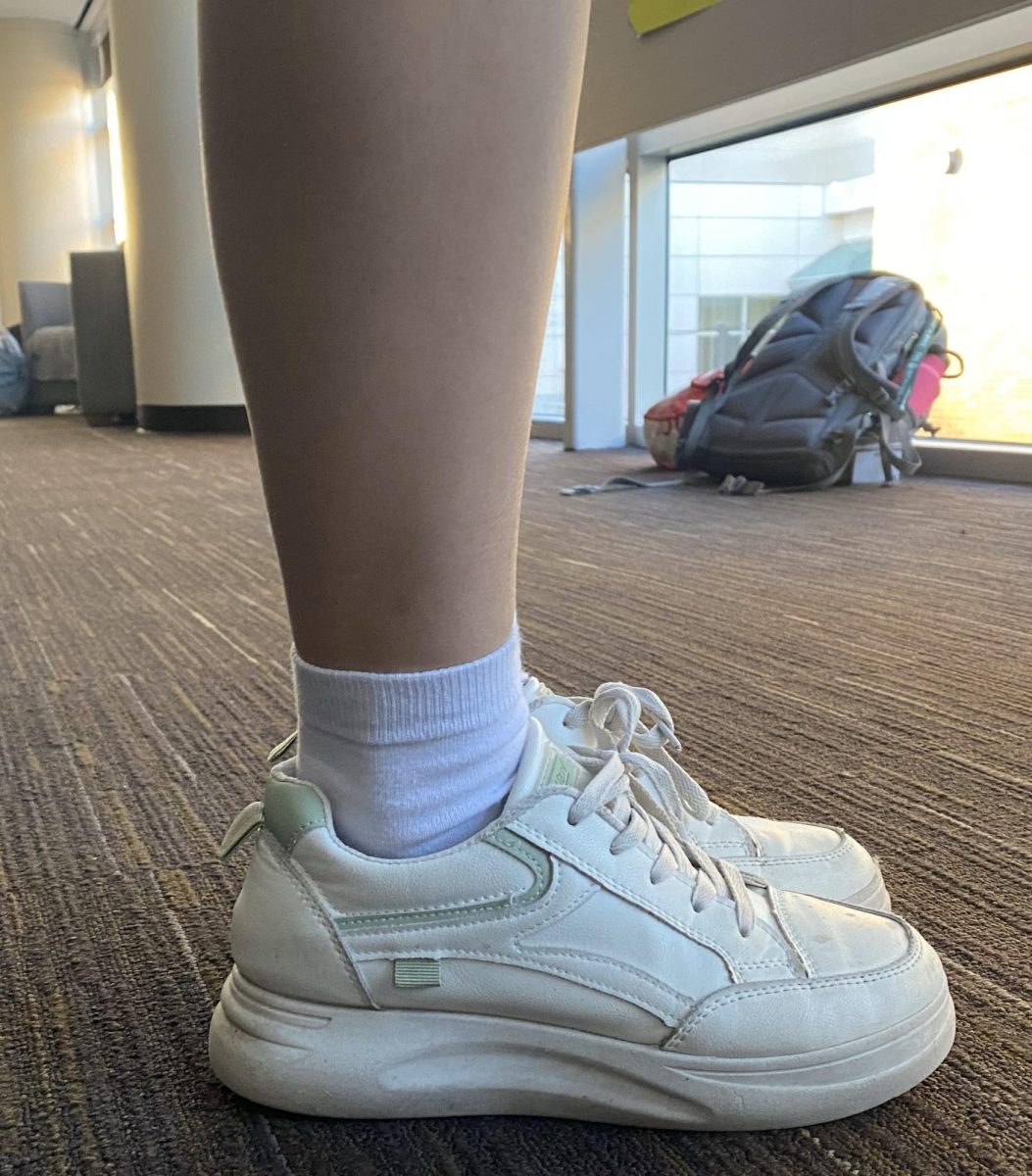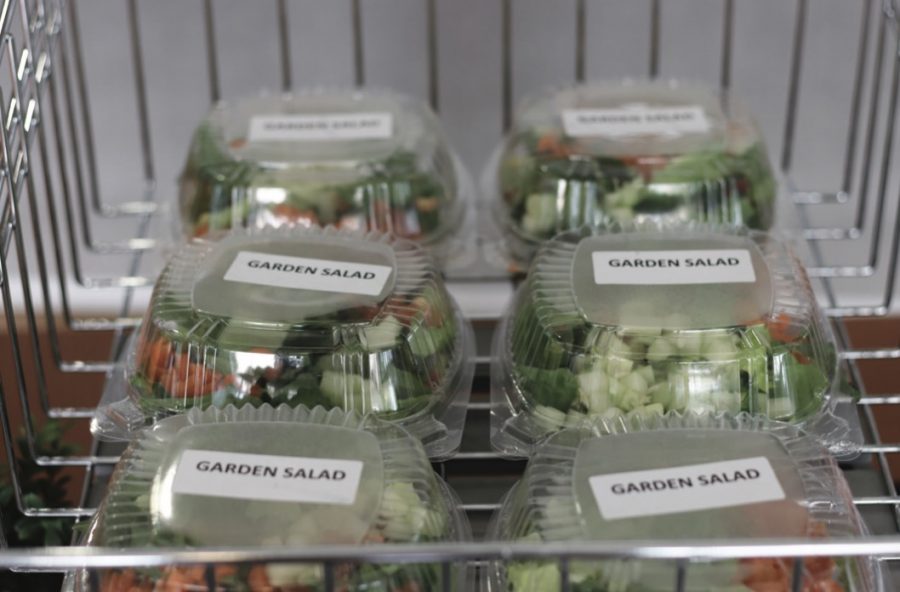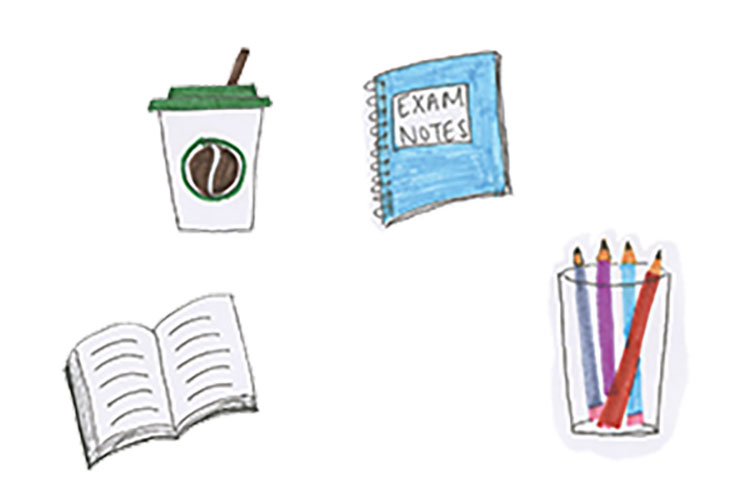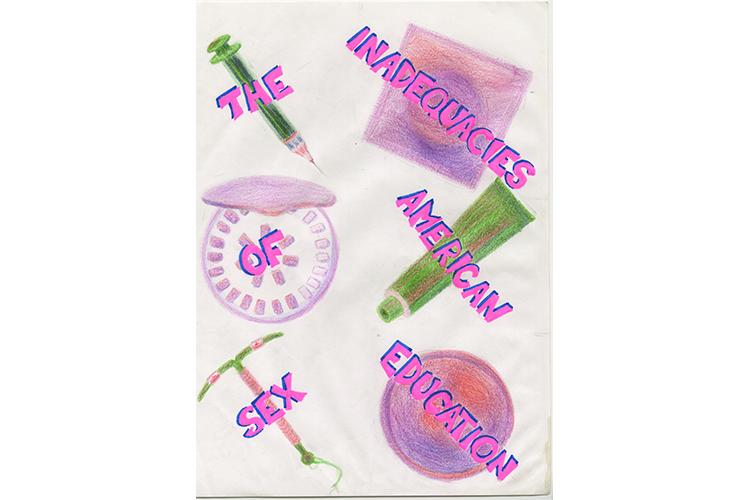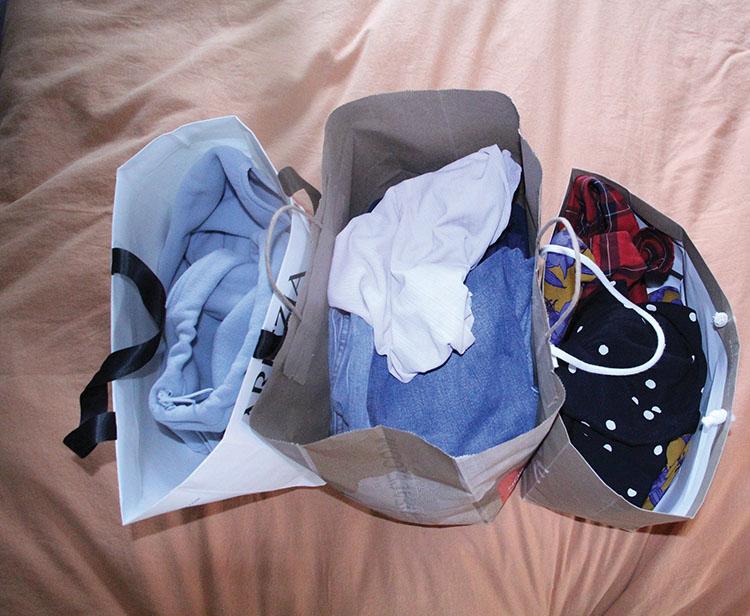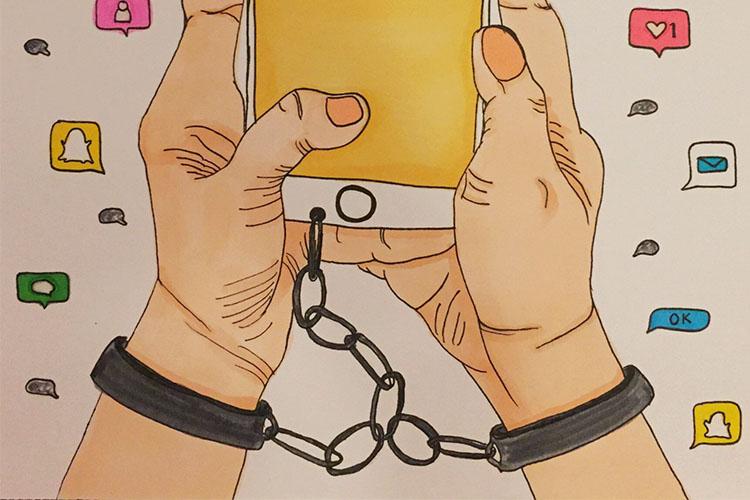My phone erupted with notifications on Nov. 13. The terrorist attacks in Paris on multiple restaurants, a performance hall and a stadium overflowed every news source, constantly updating me on the latest death toll or whether a suspect was found or not. When I went on Instagram, pictures flooded my feed as users offered prayers and condolences for those lost or hurt during the attacks, advising people to stay safe and using the hashtag #PrayForParis. Facebook even had a safety check feature and a filter with the colors of the French flag for profile pictures.
However, 1,989.5 miles away from Paris, in Beirut, just a day earlier, two suicide bombers killed at least 41 people and wounded over 200.
To put it into perspective: Paris is 4,670 miles away from the United States and Beirut is 6,611. Both may seem far from us, but today’s technology and social media allow news and support to spread quickly.
Yet there was no #PrayForBeirut. There was no filter for the Lebanese flag and no safety check for them on Facebook. And President Barack Obama did not give a press conference for this city after the bombings.
It wasn’t just social media that failed to acknowledge the attack in Lebanon; it was the news as well. Why didn’t my news apps notify me of the Beirut attack every few minutes?
Are they any less deserving of our thoughts and prayers than Paris is?
I am no way saying we should not stand and rise for the people of France. The thing is, we, as Western journalists, have chosen to portray Paris the way we want to. In our minds, we can put a face to this city as it is much more well known. After all, Paris is a glamorous and widely traveled place.
On the other hand, Beirut may be more equated to conflict even though it may be still regarded as cosmopolitan, but that doesn’t mean it should be less considered.
Like the attacks in Paris, the attacks in Beirut were also on civilian populations. In fact, the bombers blew themselves up in a busy street of a suburb of Burj al-Barajneh. One was outside a Shiite mosque while the other occurred in a bakery.
This isn’t just about Beirut. In other Middle Eastern countries and even in countries all over the world, lives are constantly being lost to attacks and bombings every day. Yet we fail to create hashtags for them and offer our prayers and support because it is unfamiliar to us. But unfamiliar does not give us a right to ignore or to fail to offer our love and support.
Isn’t it our duty as journalists to give everyone equal coverage?
Tragedy doesn’t discriminate. It knows no country, no race, no religion and no sex.
Beirut, Paris and the rest of the world: we stand with you.
